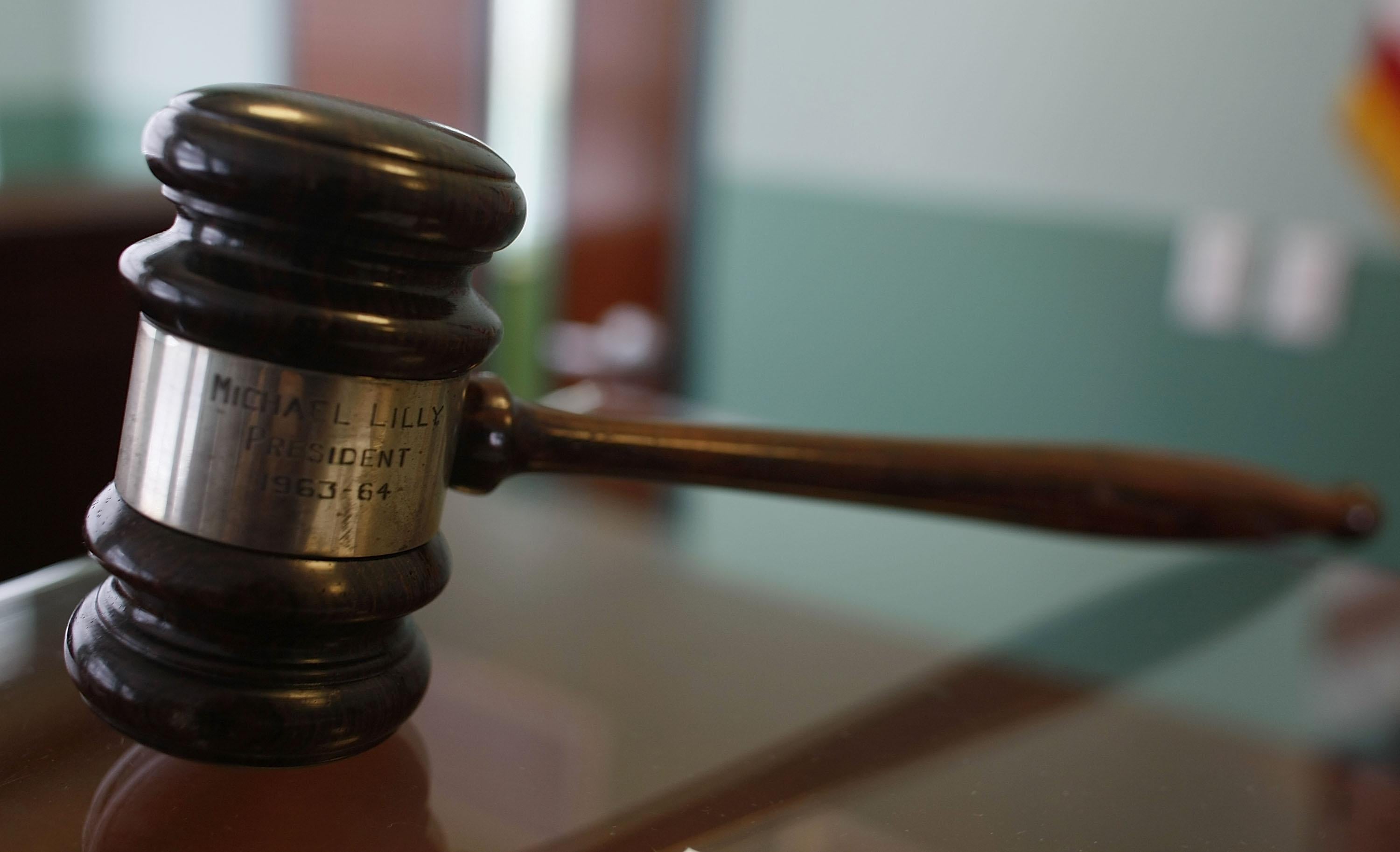In September, Justin Fenton and Justin George at the Baltimore Sun reported on the astounding story of Nelson Bernard Clifford, a 35-year-old Baltimore man and registered sex offender who, since 2011, has been prosecuted for three separate rapes and acquitted each time. In each trial, the accuser claimed that she had never met Clifford before he “bound, blindfolded and attacked” her; in each trial, Clifford’s alibi was similar: “He said the sex was consensual and surmised the women accused him of rape because they were either upset over a financial dispute or worried their boyfriends would find out.” Though false rape allegations are rare—according to the National Center for the Prosecution of Violence Against Women, estimates range between 2 and 8 percent—these juries believed Clifford’s story, much to the chagrin of the prosecutors’ office.
Baltimore prosecutors might have been more successful if they had been able to consolidate the separate charges against Clifford into one trial. But this is very difficult to do in Maryland. In 1977’s McKnight v. State, the Court of Appeals of Maryland articulated the arguments against joining charges in jury trials:
First, [the defendant] may become embarrassed, or confounded in presenting separate defenses. Secondly, the jury may cumulate the evidence of the various crimes charged and find guilt when, if the offenses were considered separately, it would not do so. At the very least, the joinder of multiple charges may produce a latent hostility, which by itself may cause prejudice to the defendant’s case. Thirdly, the jury may use the evidence of one of the crimes charged, or a connected group of them, to infer a criminal disposition on the part of the defendant from which he may also be found guilty of other crimes charged.
The court explained that separate charges could be joined if “evidence of one crime would be admissible at a separate trial on another charge,” because, in that case, “a defendant will not suffer any additional prejudice if the two charges are tried together.” So, for example, if you’re accused of two separate murders, but prosecutors plan to argue that you used the same gun in both murders, then they would probably be allowed to join the two charges into one trial.
Clifford was tied to each alleged crime scene by DNA evidence. But the judge apparently decided that the specific piece of genetic material used to tie Clifford to one particular rape would not have been admissible in the other two rape trials—that one semen stain is not the same as another semen stain, even if both stains were left by the same person. This is complicated and frustrating, but that’s the law for you.
Fast-forward to the present day, and Clifford is now on trial for a fourth sexual assault charge—an attempted rape in which he allegedly menaced his victim with an ice pick—and city prosecutors must be praying they won’t be embarrassed again.
Clifford’s cases show why rape is among the most difficult crimes to prosecute. As has been widely reported, both on Slate and elsewhere, most rapes are not reported, most reported rapes never go to trial, and most defendants who are put on trial never face jail time. In some cases, victims’ memories are hazy and physical evidence can be scarce—especially if, as often happens, victims are slow to report an assault. Even when DNA evidence links the defendant to the scene—as happened in each of Clifford’s prosecutions—the alleged perpetrator will often claim that the sex was consensual. In these cases, the trials can become he-said/she-said affairs, and the verdict can come down to the relative believability of the accuser and the defendant.
That seems to have been the case with Clifford. According to the Sun’s account of one of his trials, the charismatic defendant “detailed his encounters with the women as typical, even clumsy, sexual escapades of a single man. At some points, jurors giggled as he went point-by-point describing his version of courtship and intercourse.” He was much more composed than his accusers, who appeared nervous on the stand, and who were occasionally shaky on the details of their cases. While this doesn’t necessarily connote deception—more often than not, victims understandably find it traumatic to recall their ordeal—it can seem that way to jurors. And so Clifford was acquitted. It could easily happen again.
